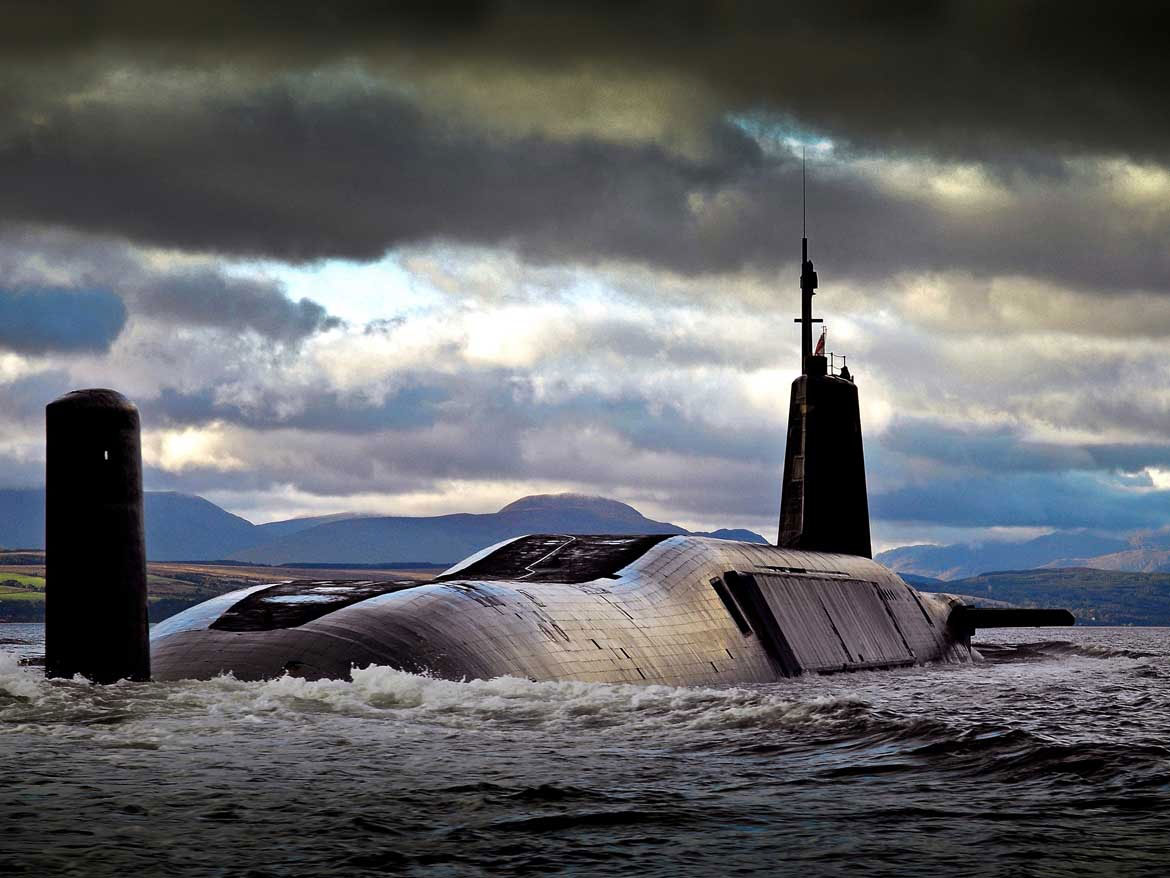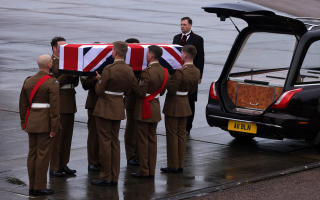
Tri-Service
MoD Denies 'Secret Work Taking Place On New UK Nuclear Warhead'

The Ministry of Defence has denied that Britain has been secretly developing a more destructive nuclear warhead, whilst upgrading the current Trident arsenal.
A recent report by the Nuclear Information Service (NIS) stated that £85 million has already been spent by the Atomic Weapons Establishment (AWE), in Aldermaston, on a new Mark 4A warhead which would allow Britain to choose a wider range of targets,
According to the independent research body's report, the new warhead would be more accurate and have greater destructive power. Peter Burt, of the NIS, said:
"The Mark 4A warhead modification programme will allow Trident nuclear warheads to remain in service until the middle of this century, and plenty of money is being spent to pave the way for developing a new generation warhead which will remain in service for even longer."
But the MoD has denied that a Trident upgrade is taking place in secret, saying the Mark 4A is a non-nuclear, arming, fusing and firing system being introduced into the current UK Trident warheads to replace a similar component which is becoming obsolete.
In a statement on its website, it said:
"This is not a new warhead and does not change the destructive power of the weapon. A replacement warhead is not required until at least the late 2030s, possibly later."
It did admit, however, that work is ongoing to determine the optimum life of the UK's existing nuclear warhead stockpile and the range of replacement options, and that a decision on replacing the Trident warhead may be required in this parliament or early in the next.
It's declined to answer questions over the cost of the Trident programme, meanwhile, saying the information is classified, although the Campaign for Nuclear Disarmament has estimated it will be £205bn. An MoD spokesperson said:
"The government is committed to maintaining minimum continuous at-sea deterrence to deter the most extreme threats to the UK and to protect our vital interests; a decision on replacing the warhead will be taken when necessary."
The amount spent so far on replacing the Trident deterrent has now reportedly risen to £3 billion, ahead of a crucial Commons vote on its future which is expected within weeks.
The government is expected to table a Commons motion later this year in favour of replacing the existing Trident submarines with four new boats.
It expects that these will cost £31bn, but has set up a £10bn fund in case of overruns.









